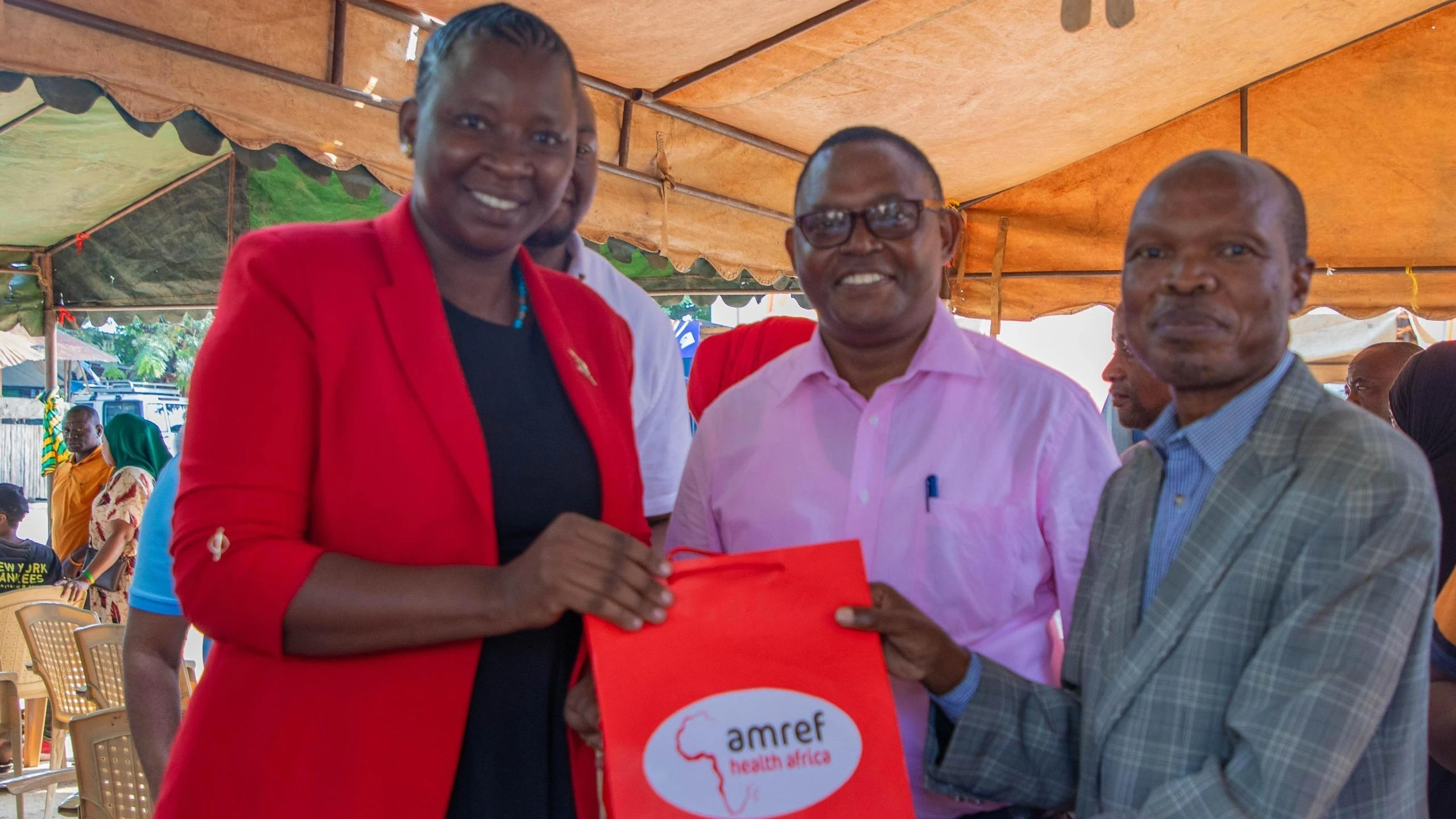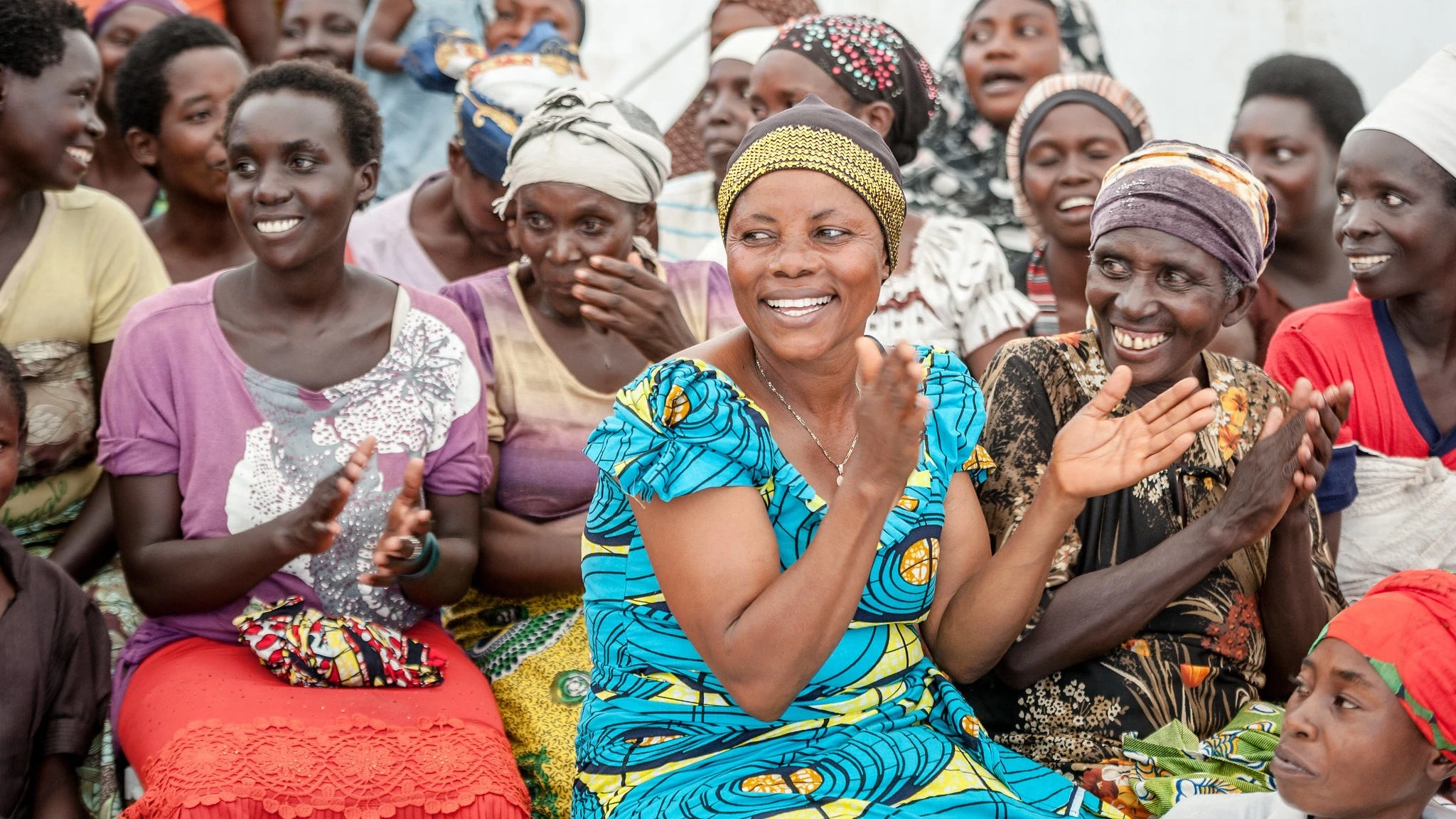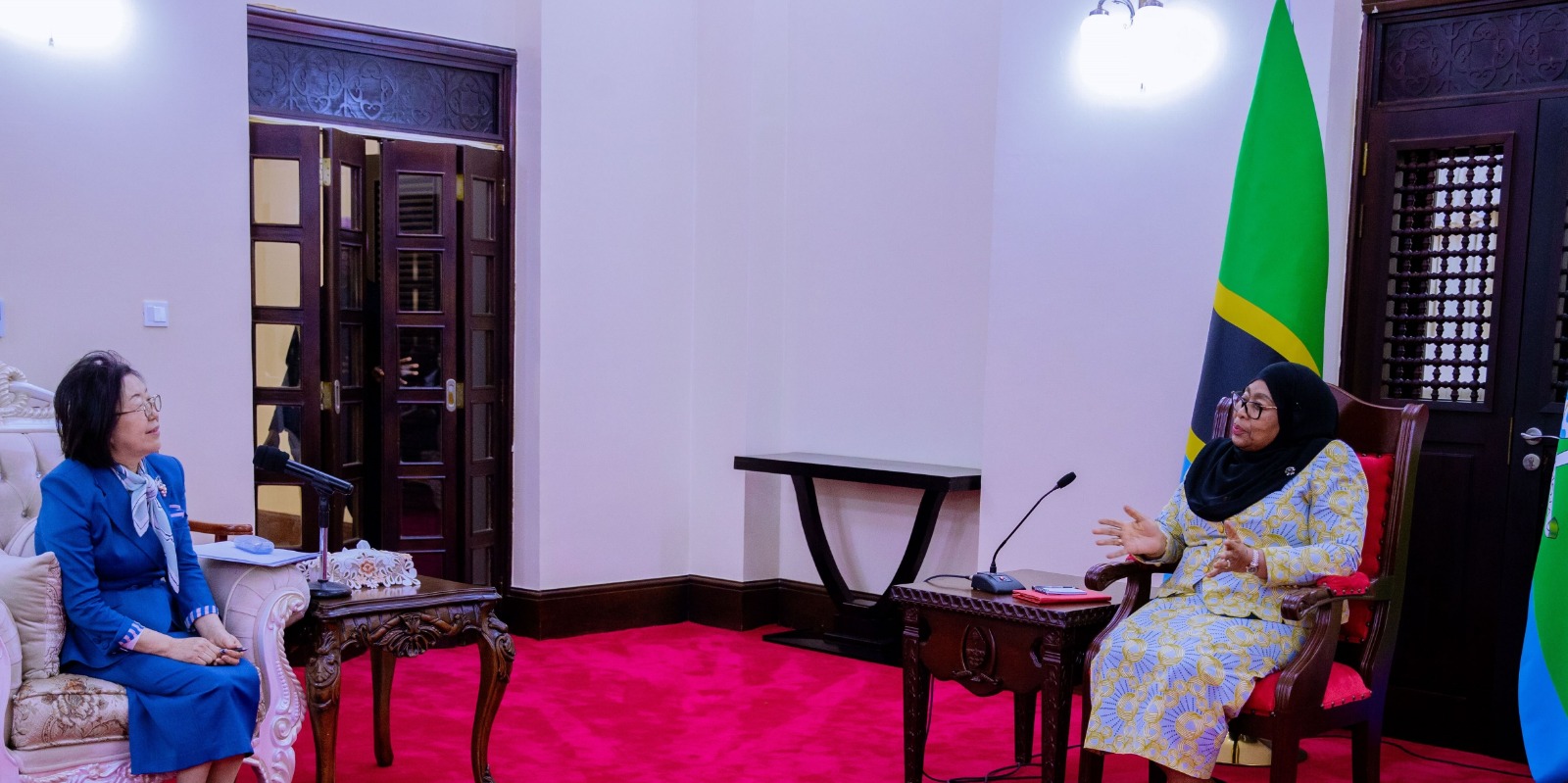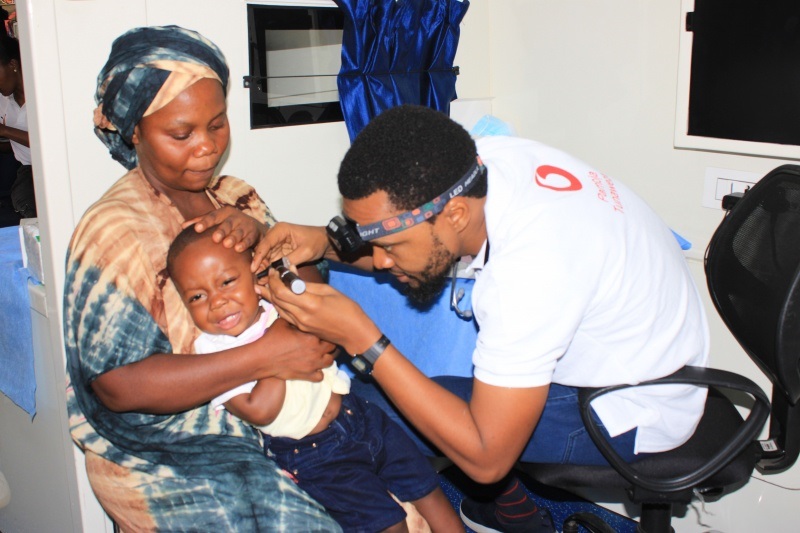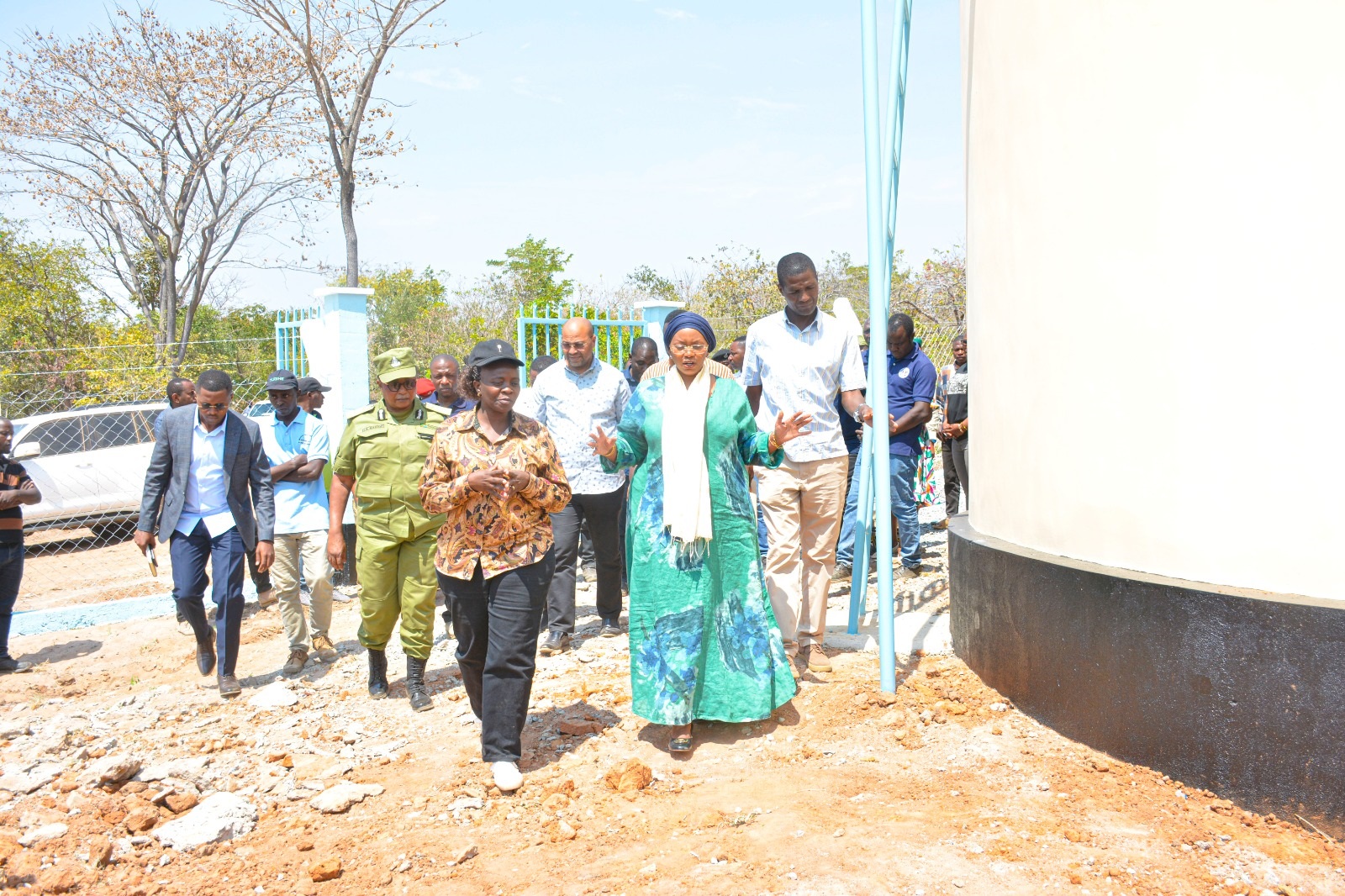Medic points at silence on rising heart conditions among women

WOMEN are increasingly at risk of heart disease due to a mix of biological, lifestyle and social factors—and the silence around their health is making the situation worse, an expert has declared.
Dr Nagendra Swamy, chief executive for healthcare services at the Ramaiah Memorial Hospital in the Indian city of Bengaluru on a working visit to the country, said in an exclusive interview that heart attacks are now affecting more women than men, and that the issue demands immediate public education and preventive action.
“We have found that women are more affected by heart diseases than men, thus it is important to widen education on the symptoms and how to manage these conditions,” he said.
The increased heart disease risk in women is linked to a combination of hormonal differences, physical inactivity and a lack of open dialogue about women’s health concerns, he asserted, underlining that women’s bodies undergo major physiological changes throughout life.
These moments include puberty, childbearing, marriage and menopause—each of which can significantly impact cardiovascular health, she stated, elaborating that many women are hesitant to speak openly about their health. This silence makes them more vulnerable to undiagnosed or untreated conditions, the medic cautioned.
Beyond heart disease, the rising burden of non-communicable diseases such as cancer is similarly a matter of concern, with exact causes of cancer remaining unclear globally even with the need to take up individual preventive measures.
Regular physical activity like walking for at least 30 minutes a day, maintaining a balanced diet and going for periodic medical check-ups was vital, as many diseases are rooted in genetics along with risky lifestyles, he said, noting that the key to a healthy society is creating awareness and encouraging healthier choices.
A growing number of Tanzanian patients are traveling to India for treatment—especially for bone-related diseases, which points to gaps in access to specialized orthopedic services or a lack of public confidence in the local healthcare system, he specified.
Ramaiah Hospital has established a new partnership with the Tanzania Media Women’s Association (TAMWA) aimed at strengthening women's health education and services, partly directed to respond to these challenges, he said.
As part of the collaboration, Indian doctors will provide training to TAMWA members on health issues affecting women across all age groups, including menopause, adolescence and non-communicable diseases, he said.
The hospital has similarly pledged free treatment for one patient referred by TAMWA as a show of support for the organization’s advocacy work, she said, with Dr Rose Reuben, the TAMWA executive director, welcoming the partnership.
She emphasized the need for stronger public education on disease prevention, especially in urban areas where lifestyle changes are contributing to poor health outcomes. “Urban lifestyles are part of the problem—people rarely exercise or eat well, which is fueling the rise in heart diseases,” she lamented.
The collaboration will help equip TAMWA members with knowledge to influence communities and encourage more open conversations about women’s health, she added.
Top Headlines
© 2025 IPPMEDIA.COM. ALL RIGHTS RESERVED








